In the ever-evolving landscape of digital collaboration and productivity tools, the choice of the right suite can significantly influence how teams work, communicate, and innovate. Enter Google Workspace and Zoho Workplace—two formidable contenders that have carved out their niches in the realm of office productivity. While both offer a rich array of features designed to enhance productivity, streamline communication, and foster collaboration, their unique strengths and weaknesses cater to different organizational needs and preferences. Whether you’re a small startup seeking agile solutions, a large enterprise in need of robust functionalities, or somewhere in between, understanding the subtleties of these platforms is crucial. In this article, we’ll dive deep into the core offerings, pricing structures, and integration capabilities of Google Workspace and Zoho Workplace, helping you determine which suite aligns best with your goals and enhances your team’s performance. Buckle up as we navigate the intricacies of these two productivity giants!
Exploring Collaborative Features for Enhanced Teamwork
When it comes to enhancing teamwork, both Google Workspace and Zoho Workplace offer a plethora of collaborative features designed to streamline workflows and increase productivity. Google Workspace shines with its real-time editing capabilities in apps like Google Docs and Sheets, allowing multiple users to contribute simultaneously. This seamless experience ensures that teams can brainstorm, edit, and finalize documents without the hassle of email chains or version control. Additionally, integrated tools such as Google Meet facilitate spontaneous video calls, enabling teams to discuss ideas in real-time and build stronger connections, regardless of their physical locations.
On the other hand, Zoho Workplace focuses on a holistic approach to collaboration with its integrated productivity suite. The combination of tools like Zoho Writer, Sheet, and Show means that teams can switch effortlessly between document creation and presentations without leaving the environment. Features such as Zia, Zoho’s AI assistant, offer smart suggestions and automation, streamlining tasks that might otherwise be time-consuming. Furthermore, the platform’s emphasis on customizability allows organizations to tailor the interface to suit unique needs, thereby enhancing team dynamics and engagement.
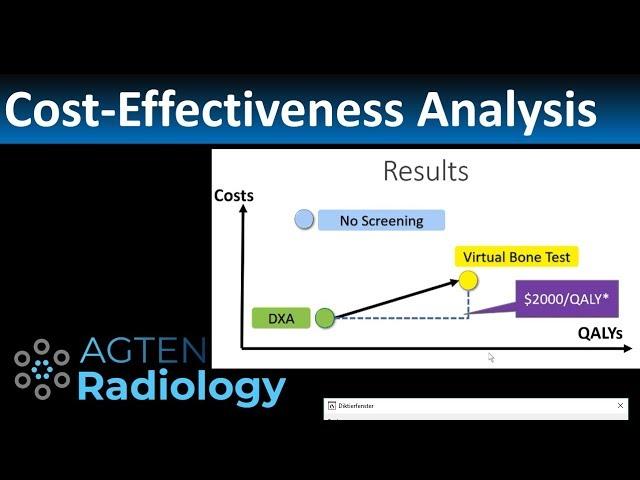
Evaluating Cost-Effectiveness and Value for Money
When considering the financial implications of choosing between Google Workspace and Zoho Workplace, it is essential to closely examine the cost structures and the features offered by each suite. Both platforms provide a variety of pricing tiers, designed to cater to different business sizes and needs. Google Workspace tends to lean towards higher pricing, reflecting its robust ecosystem and the advanced functionalities it offers. In contrast, Zoho Workplace is often lauded for delivering a comprehensive suite at a more affordable rate, appealing particularly to startups and small to mid-sized businesses seeking to maximize budget efficiency.
To effectively evaluate which suite offers better value for money, it can be helpful to break down key components such as:
- Storage Capacity: Google Workspace typically provides more cloud storage compared to Zoho.
- Collaboration Tools: Both suites excel in collaboration, but the method and effectiveness of tools vary.
- Customer Support: The responsiveness and quality of customer service are critical for long-term partnership.
Here’s a brief comparison of pricing for essential features:
| Feature | Google Workspace | Zoho Workplace |
|---|---|---|
| Monthly Cost | $6 – $25 per user | $3 – $8 per user |
| Storage Per User | 30GB – Unlimited | 5GB – 100GB |
| Collaborative Features | Docs, Sheets, Slides, Meet | Writer, Sheet, Show, Cliq |
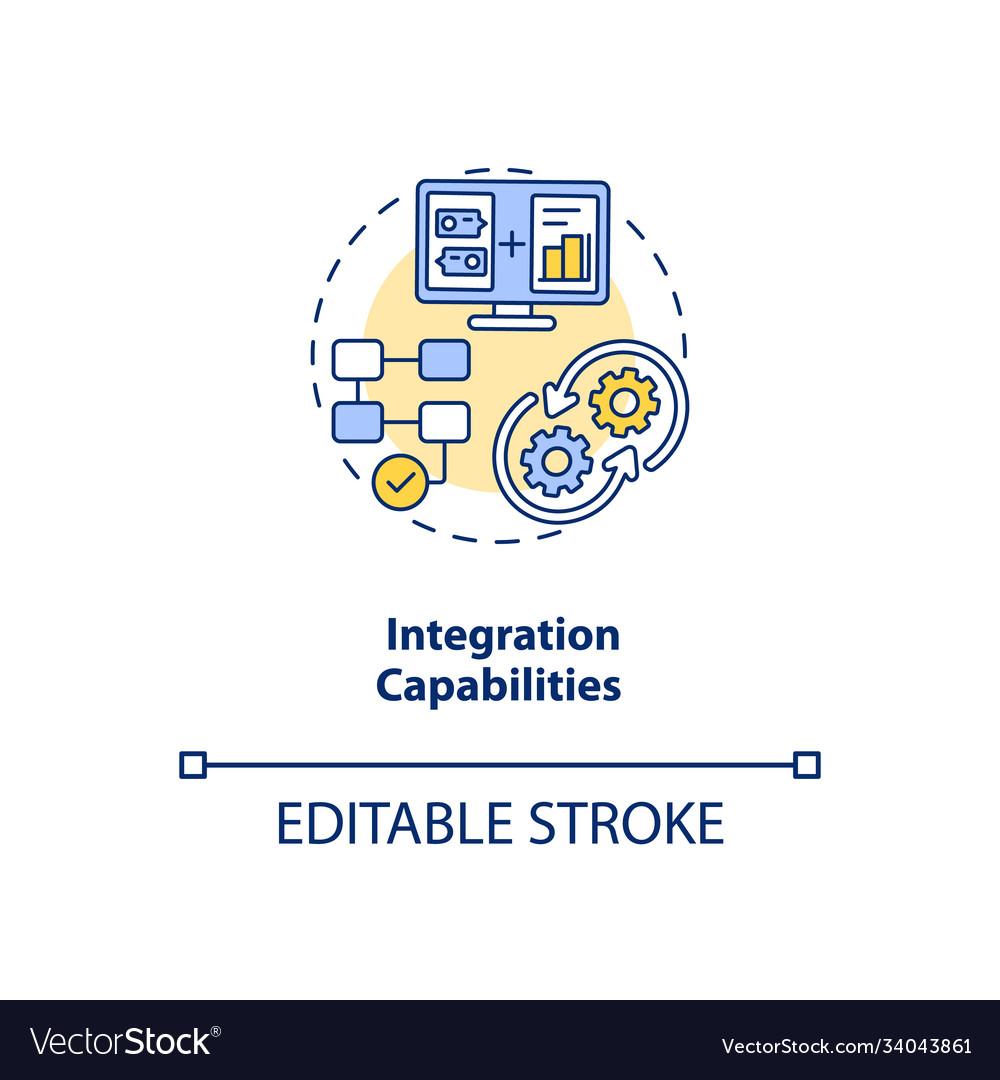
Analyzing Integration Capabilities with Third-Party Tools
When evaluating the integration capabilities of Google Workspace and Zoho Workplace, it’s essential to consider the breadth and depth of connections each suite offers with third-party tools. Google Workspace, with its extensive API ecosystem, allows seamless integrations with a myriad of popular applications. From CRM systems like Salesforce to project management tools like Trello, users can easily sync tasks, share data, and streamline workflows. The robust marketplace of add-ons enhances its functionality, enabling businesses to tailor their experience according to their unique needs.
In contrast, Zoho Workplace also prides itself on its integration versatility, particularly within the Zoho ecosystem. By offering streamlined connections with other Zoho applications—like Zoho CRM, Zoho Projects, and Zoho Bookings—users can create a comprehensive workflow housed under one umbrella. Additionally, Zoho provides integration with external services, although its range may not be as extensive as Google’s. For businesses looking for a cohesive suite that centralizes many tools, Zoho’s integration capabilities are commendable, especially when paired with its competitive pricing structure. Below is a comparison highlighting key integration features:
| Feature | Google Workspace | Zoho Workplace |
|---|---|---|
| API Access | Extensive | Moderate |
| Marketplace Add-ons | Large variety available | Limited compared to Google |
| Native Integrations | Wide-ranging | Strong within Zoho apps |
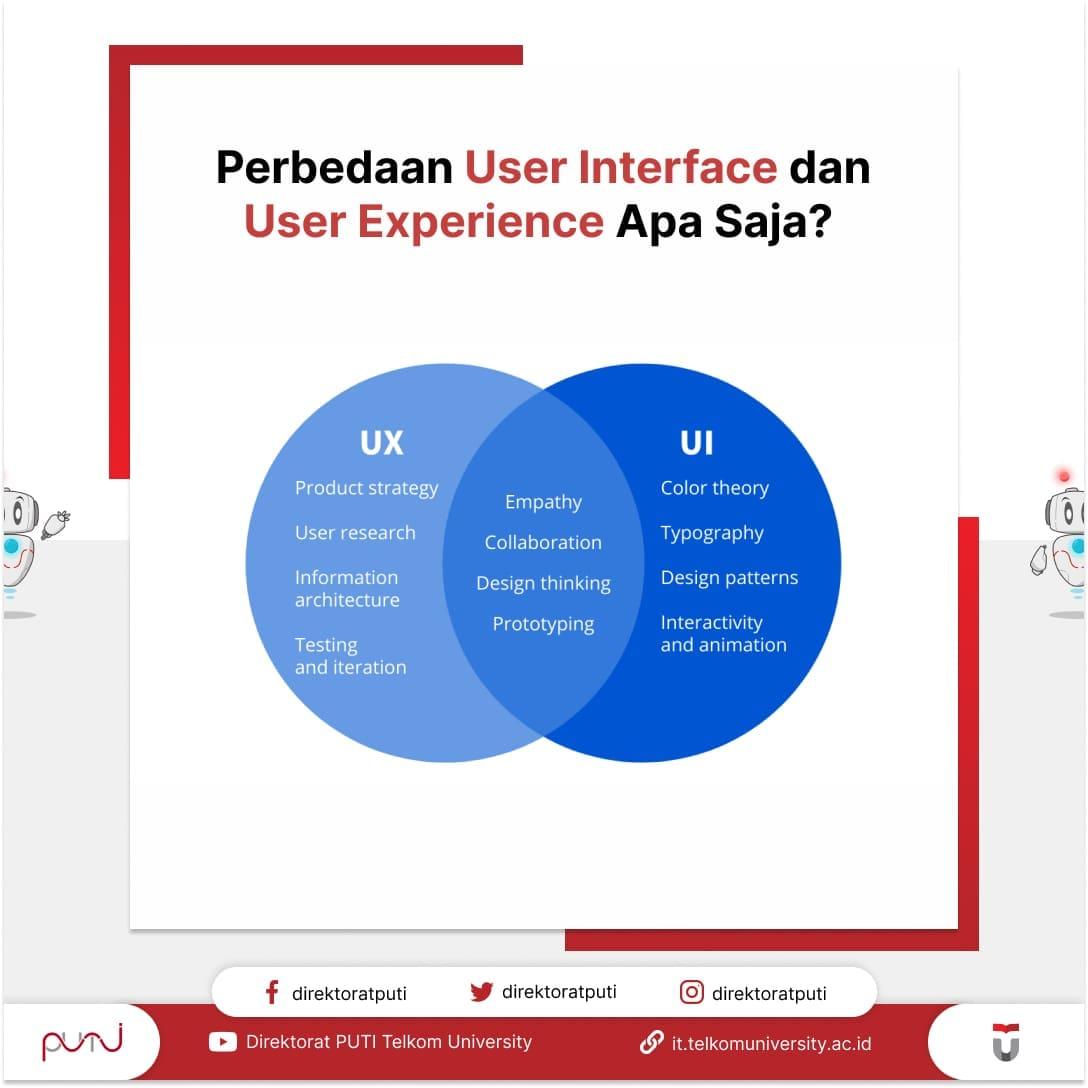
Assessing User Experience and Customer Support Options
Evaluating user experience is essential when choosing between Google Workspace and Zoho Workplace. Both platforms offer streamlined interfaces, but their approaches to usability can significantly influence productivity. Google Workspace is renowned for its intuitive navigation and the familiar layout of its applications, which reduces the learning curve for new users. Conversely, Zoho Workplace caters to a more customizable experience, allowing users to adjust their workspace according to their specific needs. This flexibility can be beneficial for teams looking to tailor their tools but might require a bit more effort to master initially.
Customer support is another crucial factor. Google Workspace provides extensive resources, including:
- 24/7 customer support via live chat and phone
- Comprehensive online help center and community forums
In contrast, Zoho Workplace emphasizes personal interaction, offering:
- Dedicated account managers for premium plans
- Tailored onboarding experiences and online training sessions
Here’s a quick comparison of support options:
| Feature | Google Workspace | Zoho Workplace |
|---|---|---|
| Live Chat Support | Yes | Limited |
| Phone Support | Available | Available for premium users |
| Online Resources | Extensive | Varied |
In Retrospect
As we draw the curtains on our exploration of Google Workspace and Zoho Workplace, it becomes clear that choosing the right productivity suite is akin to finding the perfect pair of glasses: it should enhance your vision and fit seamlessly into your daily life. Both platforms boast unique strengths—Google Workspace shines with its robustness and seamless integration, while Zoho Workplace captivates with its affordability and extensive customization options.
Ultimately, the decision rests upon your specific needs, team dynamics, and long-term goals. Whether you lean towards the familiar comforts of Google or the innovative charm of Zoho, the right choice is the one that aligns with your workflow and empowers your creativity. In a world where collaboration fuels success, may your selected suite be the key to unlocking new horizons and achieving the extraordinary. Choose wisely, and here’s to the productivity adventures that await!
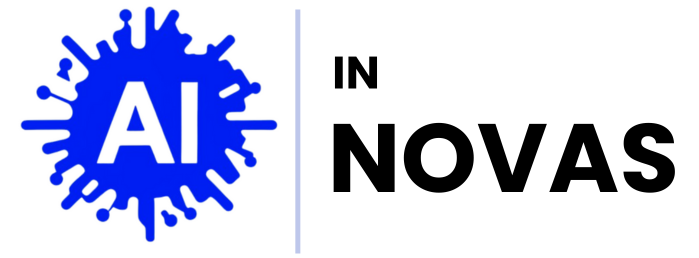
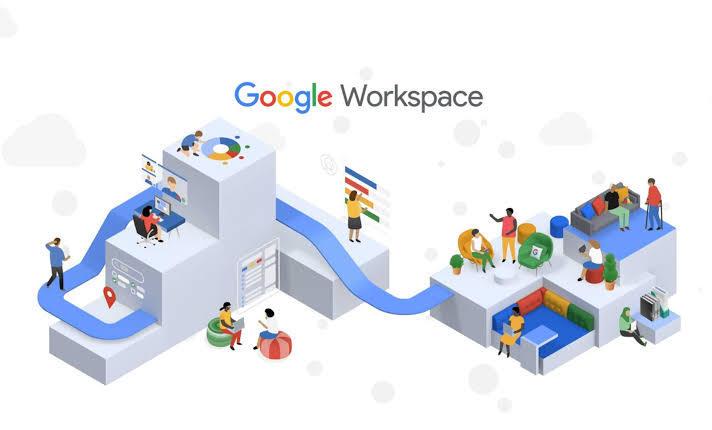



Pingback: Trello vs. Notion: Which Tool Offers More Flexibility? - AI in Novas
Pingback: Google Workspace vs. Dropbox Business: Collaboration and Storage Compared - AI in Novas
Pingback: Intercom vs. Zendesk: Which Customer Support Tool Fits Your Business? - AI in Novas
Pingback: Intercom vs. Zendesk: Which Customer Support Platform is Right for You? - AI in Novas